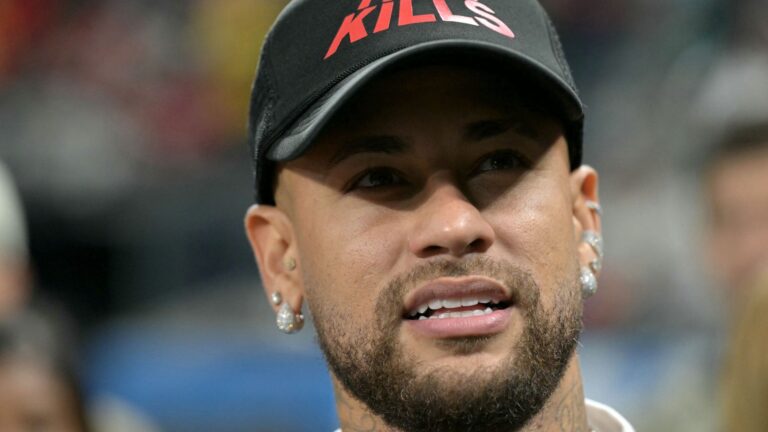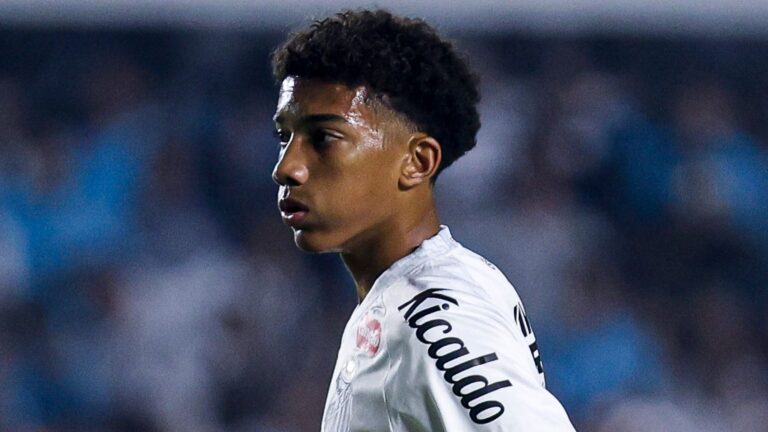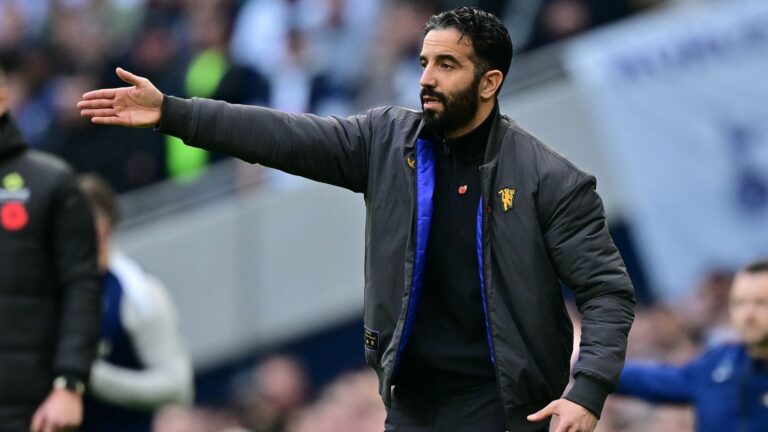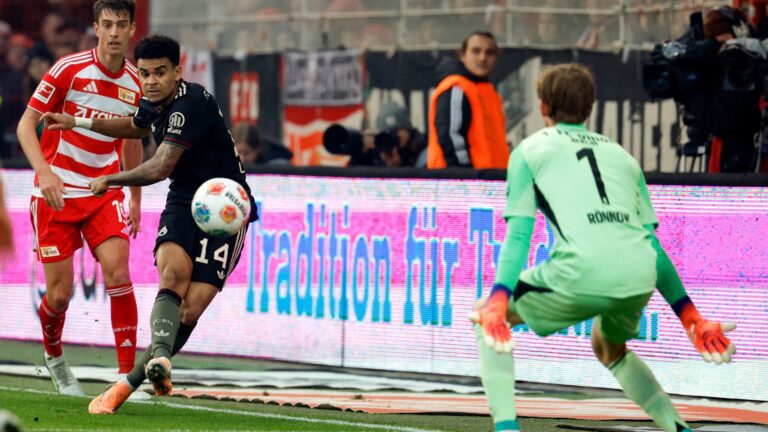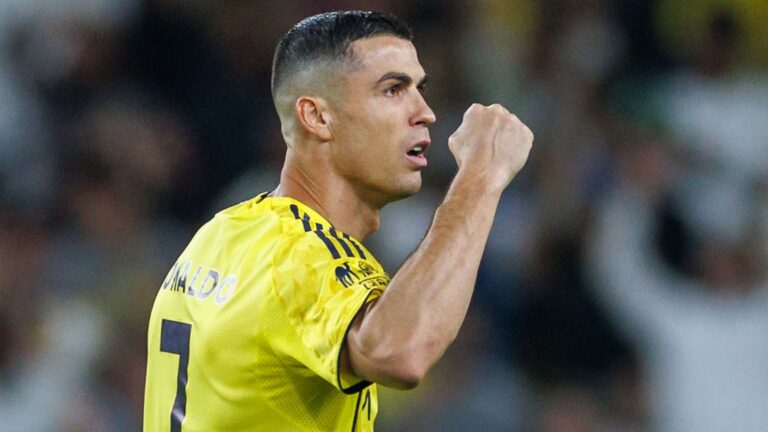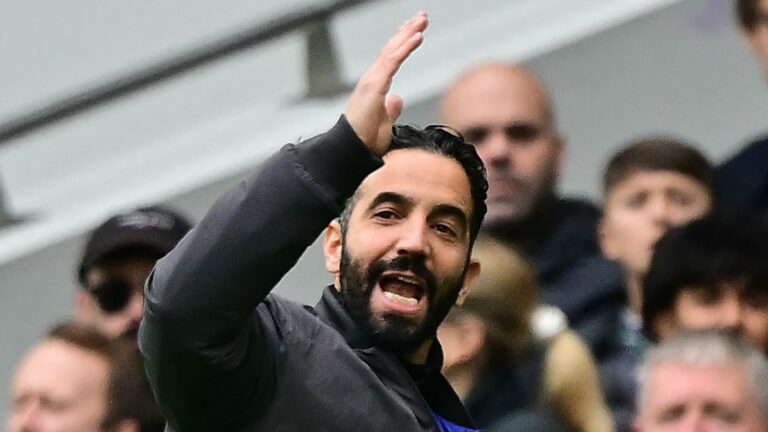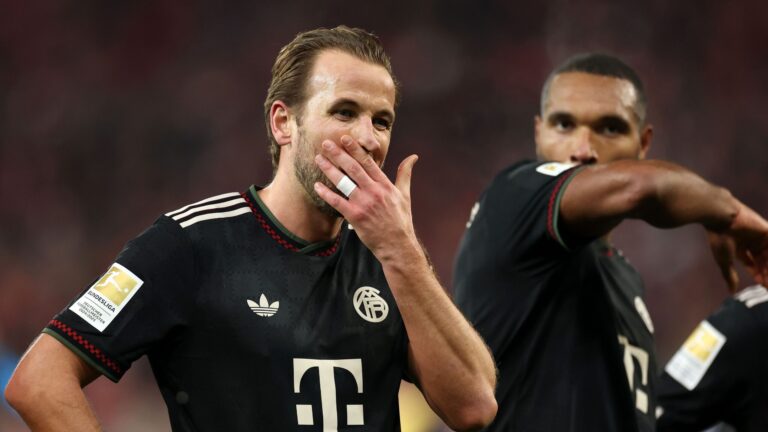Why Germany Must Reassess Its World Cup Ambitions
Jurgen Klopp, the former Liverpool boss, is urging the German national team to adopt a more pragmatic stance ahead of the 2026 World Cup. While praising coach Julian Nagelsmann and the squad’s potential, he warns against the pressure to claim victory simply by qualifying, highlighting the fierce competition from global powerhouses.
Klopp’s Realistic Take on Germany’s Football Challenges
Following a string of underwhelming results, Germany’s football setup is facing intense examination as it prepares for the upcoming World Cup qualifiers. Klopp, now leading Red Bull’s global operations, admires Nagelsmann’s lineup but insists that entering the tournament doesn’t guarantee dominance. Instead, he advocates for a balanced mindset to handle the sport’s evolving landscape.
The Recent Struggles and Rising Competition
Germany’s triumphs have waned since their 2014 World Cup victory, with early exits in the 2018 and 2022 group stages and a heartbreaking quarter-final loss to Spain in the 2024 European Championship. Nagelsmann’s team also placed fourth in the 2025 Nations League Finals, falling 2-1 to Portugal in the semi-finals and 2-0 to France in the third-place match. In qualifiers, a surprising 2-0 defeat to Slovakia marked their first-ever opening loss, while powerhouses like France, Spain, England, and Portugal continue to demonstrate superior consistency in major events, reinforcing Klopp’s caution about overconfidence.
Insights from Klopp on Squad Quality and Expectations
As a respected figure in international coaching, the 58-year-old emphasizes the need for grounded goals in global competitions. He expresses strong support for Nagelsmann, noting the squad’s depth once injured players return, yet he challenges the notion that participation demands a title. “I have immense respect for Julian Nagelsmann and value his skills highly. His team is outstanding, particularly at full strength,” Klopp shared. “Still, we must let go of the belief that qualifying means we must take the crown. I don’t see why we’d overhaul everything after a quarter-final or semi-final setback. Nations such as France, Spain, or even England-with their vast resources-pose too much of a threat for that assumption.”
He adds a note of optimism, saying, “I’m not apprehensive because the players’ abilities and the coach’s expertise are top-tier. That’s why I’m hopeful, though I won’t predict a win. The priorities are qualifying and building momentum during the event, much like in the 2024 European Championship at home. Despite the quarter-final disappointment, the games were engaging, reminding us that enjoyment is at the heart of football.”
Fostering Youth Development for Long-Term Success
Beyond immediate World Cup goals, Klopp is pushing for initiatives to nurture emerging talents. He strongly supports establishing a dedicated under-21 league in Germany to ease the transition from youth to professional levels. “There’s willingness from all sides, but eventually, clubs need to commit fully,” he pointed out, stressing the importance of collective effort.
The idea stems from the difficulties many young athletes face in securing regular playtime with senior teams, which can hinder their growth. Take, for example, the case of rising star Julian Brandt, who gained crucial experience early in his career through consistent opportunities in competitive matches-a benefit not afforded to every promising youngster.
This proposed league would provide a platform for regular, high-stakes games within Germany, helping players acclimate to the intensity of adult-level football and preventing career stalls. Over time, it could bolster the national squad by creating athletes who are fully equipped for club and international duties, ensuring homegrown talents like Kai Havertz or Youssoufa Moukoko are developed effectively without needing to seek opportunities overseas.
Germany’s Path Forward in the 2026 Qualifiers
Germany’s journey in the 2026 World Cup qualifiers began with a shocking loss to Slovakia, their initial defeat in such a campaign, which Nagelsmann attributed to a lack of intensity. However, the team has bounced back with three consecutive victories, including a convincing win over Luxembourg, propelling them to the top of Group A with nine points, tied with Slovakia but ahead on goal difference. These wins offer vital encouragement, yet the campaign highlights ongoing fluctuations and the spotlight on Nagelsmann’s leadership as Germany strives for stability.

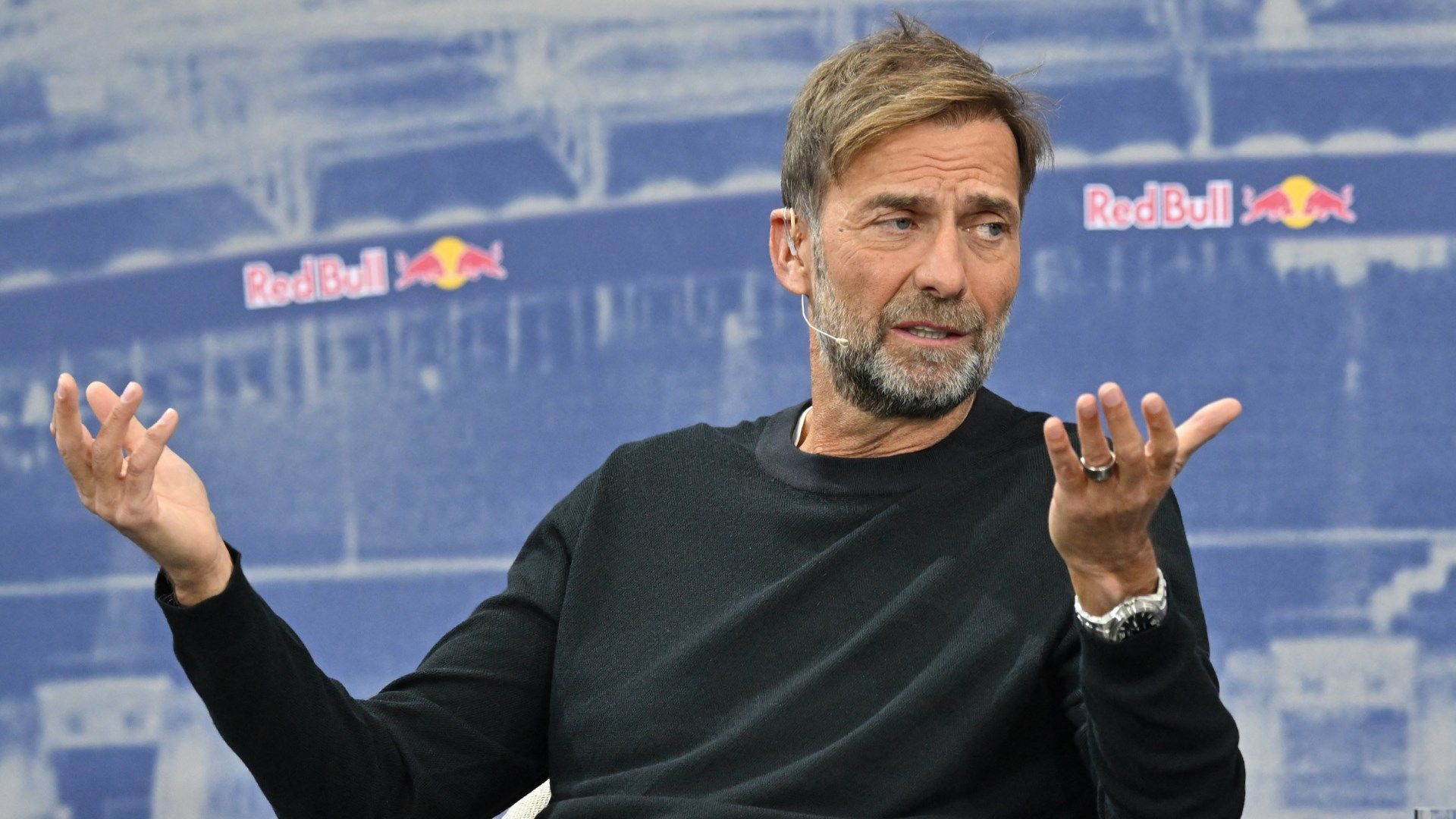

Jurgen Klopp’s Perspective on Germany’s World Cup Challenges
The Context Behind Klopp’s Comments
Jurgen Klopp, the renowned football manager known for his tactical brilliance at clubs like Liverpool, has been vocal about Germany’s struggles in international tournaments. In recent years, following disappointing World Cup performances, Klopp made headlines with his frank statement: “Other countries are simply too good.” This reflects his view that Germany’s obsession with World Cup success might be holding the team back. Drawing from his experience in high-stakes football, Klopp urges a shift in mindset, emphasizing the need for Germany to move away from unrealistic expectations and avoid knee-jerk reactions to setbacks.
Germany’s national team has faced significant hurdles, including early exits in the 2018 and 2022 World Cups. Keywords like “Jurgen Klopp Germany advice” and “abandon World Cup obsession” highlight how these events have sparked broader discussions in the football community. Klopp’s comments, often analyzed in articles about “Germany football strategy,” point to a cultural fixation on winning the trophy, which he believes can lead to burnout and poor decision-making in team development.
Why Germany Should Abandon Its World Cup Success Obsession
Klopp’s advice stems from a realistic assessment of global football dynamics. He argues that teams like Brazil, Argentina, and France have raised the bar with their depth, youth development, and innovative tactics. For instance, during the 2022 World Cup, Germany’s failure to advance past the group stage was a wake-up call, and Klopp used this as an example to illustrate that not every nation can dominate every cycle.
In a conversational tone, it’s worth noting that Klopp isn’t being pessimistic-he’s being pragmatic. He suggests that Germany’s focus on “World Cup success obsession” can create unnecessary pressure on players and coaches. Instead of overreacting to disappointments, such as firing managers or overhauling squads abruptly, Germany should prioritize long-term growth. This includes:
- Investing in youth academies: Building a pipeline of talented players who can adapt to modern football styles, much like how Klopp transformed Liverpool’s squad.
- Adopting flexible tactics: Moving away from rigid strategies to embrace versatility, which has become a key factor in “international football competition.”
- Fostering mental resilience: Encouraging players to view losses as learning opportunities rather than failures, helping to reduce the emotional toll of major tournaments.
By incorporating these elements, Germany could enhance its “football strategy overhaul” and compete more effectively without the weight of constant World Cup expectations.
The Risks of Overreacting to Disappointment
One of the core elements of Klopp’s message is the danger of overreacting to poor results. In the world of “Germany World Cup performance analysis,” knee-jerk responses like managerial changes or drastic team restructures can disrupt continuity. Klopp, with his background in leading teams through ups and downs, warns that this approach often leads to a cycle of instability.
For example, after the 2022 World Cup, there was widespread media scrutiny and calls for reform in German football. Klopp advised against rash decisions, pointing out that other countries, such as England, have benefited from patient development. He highlights risks like:
- Player morale issues: Constant changes can erode confidence, making it harder to build team chemistry.
- Strategic inconsistencies: Frequent overhauls might prevent the adoption of cohesive “long-term football plans,” which are essential for sustained success.
- Lost opportunities for innovation: Instead of reacting impulsively, Germany could use setbacks to experiment with new training methods or integrate data analytics, as seen in top leagues.
This perspective ties into broader SEO keywords like “avoid overreacting to football disappointment,” reminding fans and stakeholders that true progress comes from reflection, not retribution.
Klopp’s Advice in Action: Lessons for German Football
To put Klopp’s words into practice, German football associations could draw from his philosophy of “pressing and counter-pressing,” adapted to the national level. This involves:
- Enhancing scouting and recruitment: Focusing on versatile players who fit modern “global football trends,” rather than solely chasing World Cup glory.
- Promoting cultural shifts: Encouraging a mindset where participation and growth are valued alongside victories, which could improve overall “Germany national team development.”
- Learning from other nations: Analyzing how countries like Spain or the Netherlands have rebuilt after setbacks without abandoning their core identities.
In discussions around “Jurgen Klopp football insights,” his emphasis on balance is key. By avoiding the “World Cup fixation trap,” Germany might foster a more enjoyable and sustainable approach to the game, potentially leading to better performances in the long run.
Balancing Passion and Realism in Football
Klopp’s statement encourages a deeper look at what success means in football. While passion for the World Cup runs deep in Germany, integrating realism can lead to more fulfilling outcomes. Experts in “international tournament strategies” often echo Klopp’s views, noting that obsessing over one event can overshadow domestic leagues and player welfare.
Key takeaways from his advice include:
- Prioritizing player development: Ensuring athletes are not overburdened by expectations, which aligns with trends in “sustainable football management.”
- Encouraging fan patience: Building a community that supports gradual improvements, reducing the pressure that can amplify disappointments.
- Adapting to evolution: Recognizing that “other countries football dominance” is a reality, and evolving strategies accordingly.
By weaving in these elements, Germany can create a more resilient framework for future tournaments. Klopp’s insights, grounded in his decorated career, offer valuable “Germany World Cup advice” that resonates beyond borders.
(Word count: 752)


